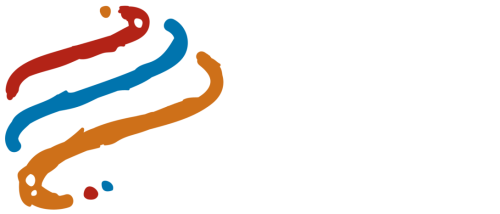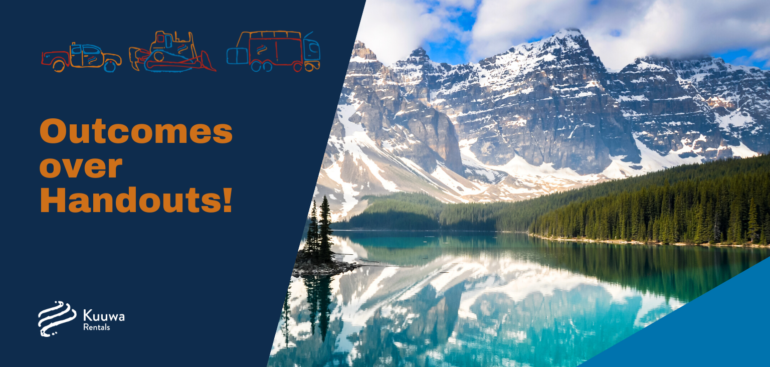When we think of nations that are at the forefront of progress in areas like welfare, health and social justice, Canada is often one of the first countries that comes to mind along with maybe other nations like Sweden or Norway.
This consideration is especially well-earned when we take into consideration that the struggle for equality in Canada has a new dimension unique to former colonies in the relations between indigenous and European descending people.
This is quite a delicate matter and a discussion to which nothing is added by sugar-coating the issue, which is why we are obligated to say: What makes Canada an example in the struggle for equality is that they understand that it is a duty, not a charity.
I dived deeper into this essential difference using Canadian indigenous people’s support programs as an example to understand the real meaning of equality in a post-colonial world.
There’s Nothing Money Can do That Education Won’t Do Better
Charity is easy, you sign a check, pose for the pictures that will show up in the newspapers or on our social media then just stand to receive the applause. Sometimes we even get voted into a public office for it.
Equality on the other hand doesn’t stop when the member of a group that has been a target for injustice and persecution for years receives some money that will get spent in a year, it has long-lasting effects for many generations.
One of the ways in which Canadian programs have acted this out was through the distribution of college scholarships, through which indigenous individuals may improve their own living standards and that of their children.
This in turn breaks the cycle of poverty as with better education individuals of indigenous descent can strive for better jobs, which in turn will allow them to afford for better education for their children, thus creating a generational chain of wealth.
Better education also allows for these individuals to open profitable businesses which create jobs, enrich the community and increase its access to services, thus mitigating the effects of what are known as food and health deserts.
Cooperation Is Key
As equality means the provision of equal rights and opportunities among a broad number of groups or individuals, it is only logical for us to say that it needs to be built from both sides, in this case both indigenous and non-indigenous communities.
There are many ways in which this could play out but if we were to look at a single example the best one would be the work of institutions like The Nature Conservancy that seeks to strengthen indigenous communities.
This includes cooperating with these communities in the development of sustainable economies by supporting indigenous entrepreneurs, increasing these communities’ access to the wider market.
Cooperation can also be achieved in the righting of injustices committed against such groups, such as when indigenous organisations will band together with other groups that focus on other causes to call for reparations for residential school atrocities.
If you are part of a privileged group, fighting for equality doesn’t make you a saint or a benefactor. It means you are aware of the responsibly you have been given to ensure everyone has the same opportunities available to them as you do.
Equality is created through actual solutions
Another way in which so many people seek to gain the social status of “allies” is by taking symbolical action that has very little effect on the actual lives of the individuals they claim to be helping.
Sure, it is important to raise awareness to the problems faced by marginalised groups by bringing these issues into the sphere of public discussion, but there is an actual abyss between being aware of a problem and actually doing something about it.
It is one thing to tweet about Indigenous inclusion in discussions pertaining to the future of their own lands, and a completely different thing to provide indigenous communities with the skills and resources to implement stewardship policies.
You Actually Need To Hear The People Your Helping
Another important aspect of getting equality right is that the people that are currently suffering from inequality need to be able to voice their needs and be heard.
Too many times we see people seeking to help marginalised groups only to accidentally fall into the mindset that they actually speak FOR the group without actually consulting their views on any sensitive matter.
We see this issue being addressed in Canada as well through several actions that seek to create “Indigenous-led conversations”, that is to put indigenous voices and perspectives at the heart of discussions pertaining to their future.
This can also be achieved through the formation of strong indigenous leadership that are able to speak in the name of their communities in all matters and organise them so that their voice is heard.
Access
Imagine for a moment that you are the member of an indigenous community that is relatively far away from an urban center and that has been struggling to get a sustainable economy working.
You have just been given an incentive in the form of a modest sum of money which you get to spend in improving your quality of life.
There is just one problem: there are very few places within your community where you can spend that money, meaning that if you are going to use that economic incentive to strengthen the economy of other communities around you rather than your own.
That just goes to show why throwing money at the problem is not going to do anything.
Conclusion
The efforts of former colonial societies to create more equal conditions for all of its groups is of course commendable, and we would never deny that the desire from people to join in those efforts comes from a place of nobility.
On the other hand, these efforts will be wasted if they are not applied with the proper knowledge to create significant outcomes, and that will not happen without a serious change in mindset.
Hopefully this article has managed to bring about such change, the ripples of which are going to be left in your hands, as will the question of how to change the way we strive for equality from handouts to outcomes.

